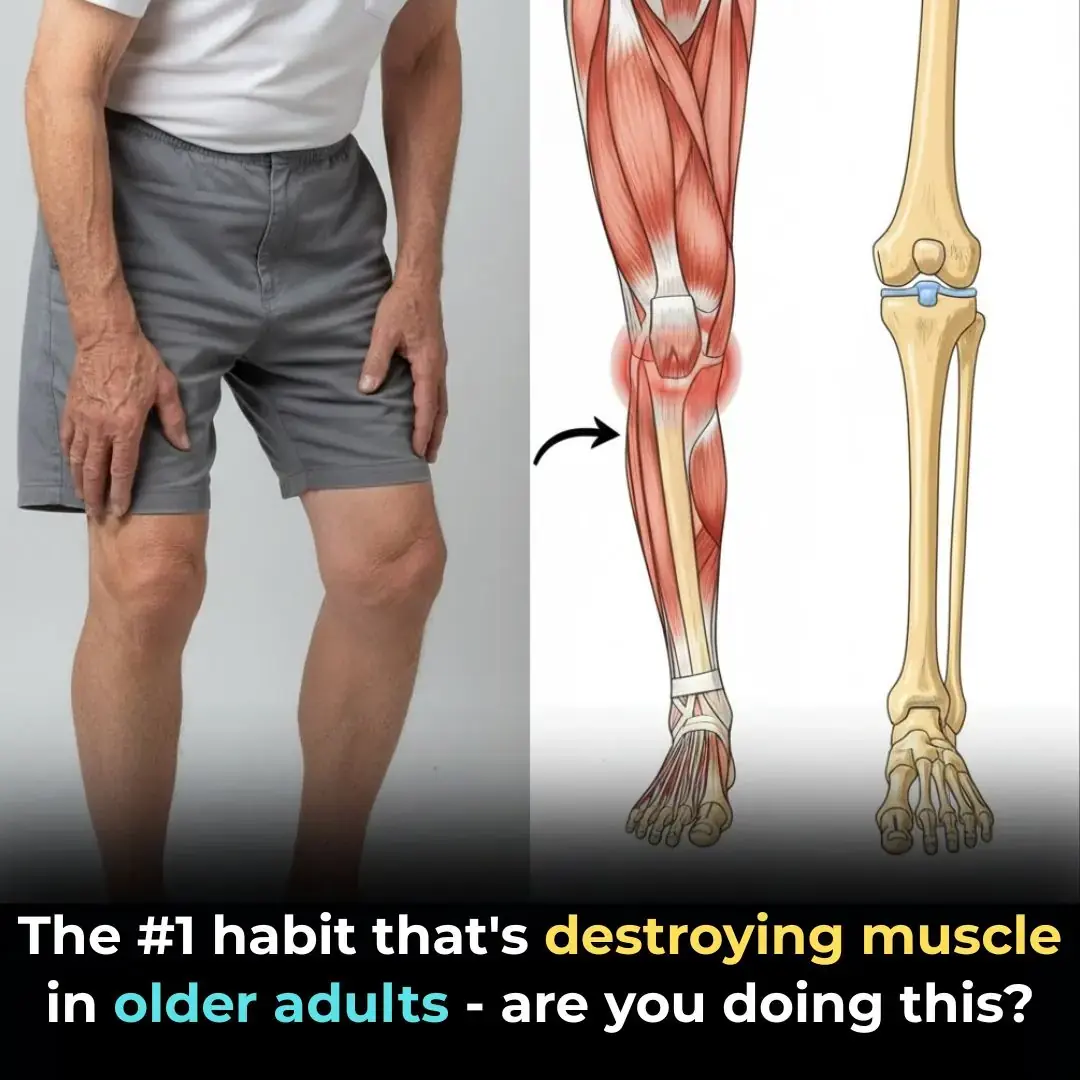
What happens when you start eating chia seeds every day

Chia seeds may be tiny, but nutritionally they’re heavyweights. These small black seeds are rich in essential fatty acids, fiber, minerals, and antioxidants—and when you eat them daily, they can support everything from digestion and blood sugar to heart and bone health.
Regular intake of chia seeds has been linked to better digestive function, improved cholesterol profiles, more stable blood sugar, and increased satiety that may help with weight management.
Key Takeaways
-
Chia seeds are rich in omega-3s, fiber, protein, and minerals like calcium, magnesium, and phosphorus.
-
Daily consumption can support digestive health, help regulate blood sugar, and keep you feeling full longer.
-
Chia seeds may improve heart health by lowering “bad” LDL and triglycerides while raising “good” HDL cholesterol.
-
Their antioxidants fight free radicals and inflammation, while their high calcium content supports strong bones.
-
They’re easy to add to meals because they have a neutral taste and blend into many foods.
Nutritional Profile of Chia Seeds
Chia seeds are packed with:
-
Essential fatty acids – Especially alpha-linolenic acid (ALA), a plant-based omega-3 that supports heart and brain function.
-
Fiber – Nearly 10–12 g per serving, a mix of soluble and insoluble fiber that supports digestion and satiety.
-
Minerals – Calcium, magnesium, phosphorus, and manganese for bones, nerves, and energy metabolism.
A single ounce (about 2 tablespoons) can give you:
-
Around 18% of daily calcium needs
-
A good dose of magnesium and phosphorus
-
A small but meaningful amount of protein
Health Benefits of Eating Chia Seeds Every Day
8. Digestive Health
The high fiber content in chia seeds helps:
-
Support regular bowel movements
-
Feed beneficial gut bacteria
-
Slow digestion slightly, which can reduce blood sugar spikes after meals
Because chia absorbs water and forms a gel, it can make stool softer and easier to pass, supporting overall gut comfort.
7. Weight Management
Chia seeds can be a helpful tool if you’re trying to lose or maintain weight:
-
Their fiber and gel-forming ability increase fullness, helping reduce overeating.
-
They may stabilize blood sugar, which can cut down on sudden hunger and sugar cravings.
Typical amounts used in studies are 25–50 grams per day (about 2–4 tablespoons), as part of an overall balanced, calorie-controlled diet.
6. Heart Health
Chia seeds support cardiovascular health through:
-
Omega-3 (ALA) – Helps reduce inflammation and may protect arteries from plaque buildup.
-
Antioxidants like quercetin – Help reduce oxidative stress and may lower heart disease risk.
-
Minerals like copper and magnesium – Support normal blood pressure and heart rhythm.
Regular intake has been linked to improvements in blood pressure and triglyceride levels in some studies.
5. Cholesterol Management
Chia’s combination of fiber, omega-3s, and antioxidants can:
-
Help lower LDL (“bad”) cholesterol and triglycerides
-
Support higher HDL (“good”) cholesterol
This improves your overall blood lipid profile and lowers long-term cardiovascular risk.
4. Reduction of Free Radicals
Chia seeds are rich in antioxidants such as:
-
Quercetin
-
Caffeic acid
-
Other polyphenols
These compounds neutralize free radicals, helping to:
-
Slow cellular damage
-
Support healthy aging
-
Reduce the risk of certain chronic diseases linked to oxidative stress
3. Anti-Inflammatory Effects
Chia contains alpha-linolenic acid (ALA) and other phytochemicals that can help:
-
Calm chronic low-grade inflammation
-
Support conditions like inflammatory bowel diseases (alongside medical care)
Caffeic acid and quercetin add extra anti-inflammatory power, potentially lowering inflammatory markers over time.
2. Blood Sugar Control
Because chia seeds are high in fiber and absorb liquid, they:
-
Slow the absorption of carbohydrates
-
Reduce post-meal blood sugar spikes
-
Improve insulin sensitivity in some people
This can be especially helpful for those with insulin resistance, prediabetes, or type 2 diabetes (always in consultation with a healthcare provider).
1. Bone Health
Chia seeds are surprisingly good for bones:
-
An ounce provides about 18% of your daily calcium, often more than many non-dairy foods.
-
They also provide magnesium and phosphorus, key minerals for bone density.
For people who don’t consume dairy, chia can be a useful plant-based way to support long-term skeletal health.
How to Add Chia Seeds to Your Diet (Easily)
One of the biggest advantages of chia seeds is how effortless they are to use. Their mild flavor lets you sneak them into almost anything:
-
Sprinkle on yogurt, oatmeal, cereal, or salads
-
Blend into smoothies and shakes
-
Stir into soups, sauces, or overnight oats
-
Bake into bread, muffins, or energy bars
-
Make “chia gel” by soaking in water (or plant milk) and using it as:
-
A thickener
-
An egg substitute in some baking recipes
-
They’re most comfortable in the 1–2 tablespoon range per meal; increase gradually if your digestive system is sensitive to fiber.
Common Questions
1. Can chia seeds upset digestion?
They can, especially if you jump straight into large amounts. Because they’re very high in fiber and absorb a lot of water, they may cause bloating or loose stools in some people. Start with 1 teaspoon a day, drink plenty of water, and increase slowly.
2. Can chia seeds help me lose weight?
They’re not a magic solution, but they can help you feel fuller for longer and stabilize blood sugar, which supports weight management when combined with a healthy diet and movement.
3. Are chia seeds good for heart health?
Yes. Their omega-3s, fiber, and antioxidant content support healthy cholesterol levels, lower triglycerides, and help protect the cardiovascular system.
4. Do chia seeds help bones?
Yes. They’re a good non-dairy source of calcium and also provide magnesium and phosphorus—all important for bone strength and density.
5. Are chia seeds safe for everyone?
Most people tolerate them well, but those with:
-
Digestive conditions
-
Allergies to seeds
-
Difficulty swallowing
should introduce them carefully and always soak them well and drink enough water. If you’re on medication or have a chronic condition, check with your doctor first.
News in the same category


Why You Should Stop Using Petroleum Jelly On Your Skin (It’s a Byproduct of the Petroleum Manufacturing Process)
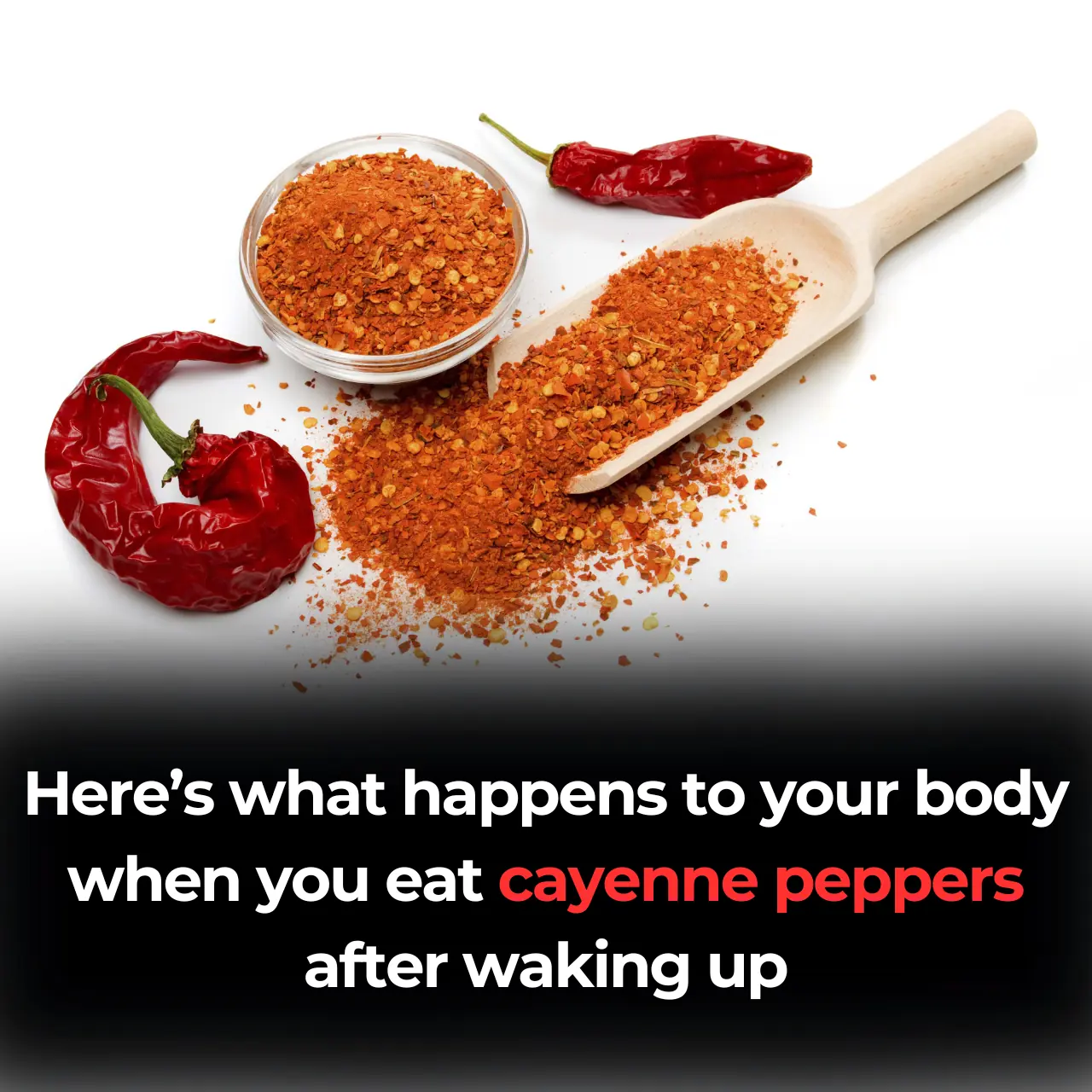
Scientifically Proven Health Benefits of Cayenne Pepper

Low levels of this key brain nutrient may be fueling your anxiety

A Nurse Who Has Witnessed The Final Moments Of More Than 300 People Has Revealed What She Has Learned From Being By Their Side
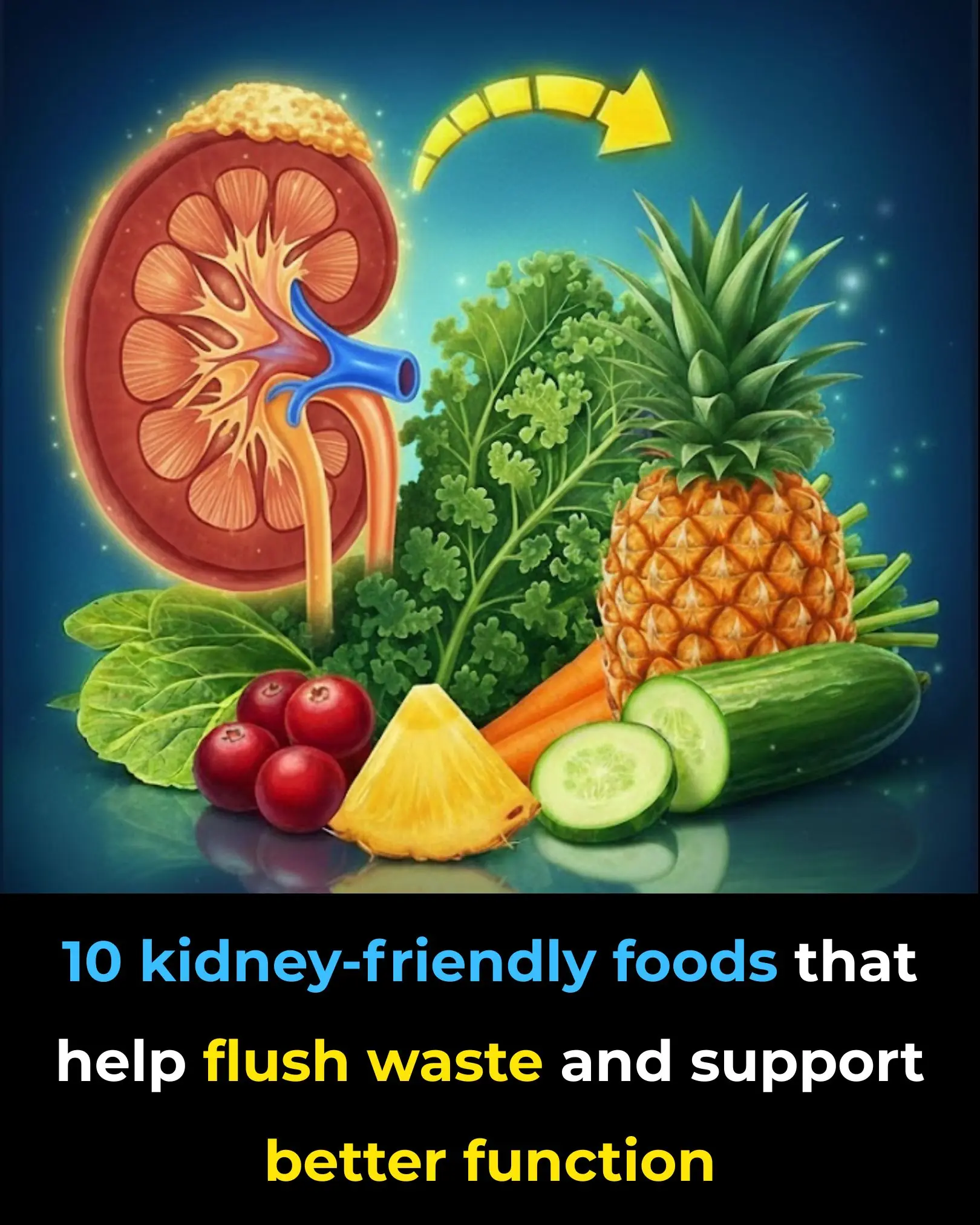
Absolutely BEST Foods to Detox Your Kidneys

80% Of Heart Attacks Could Be Avoided If Everyone Did These 5 Easy Things
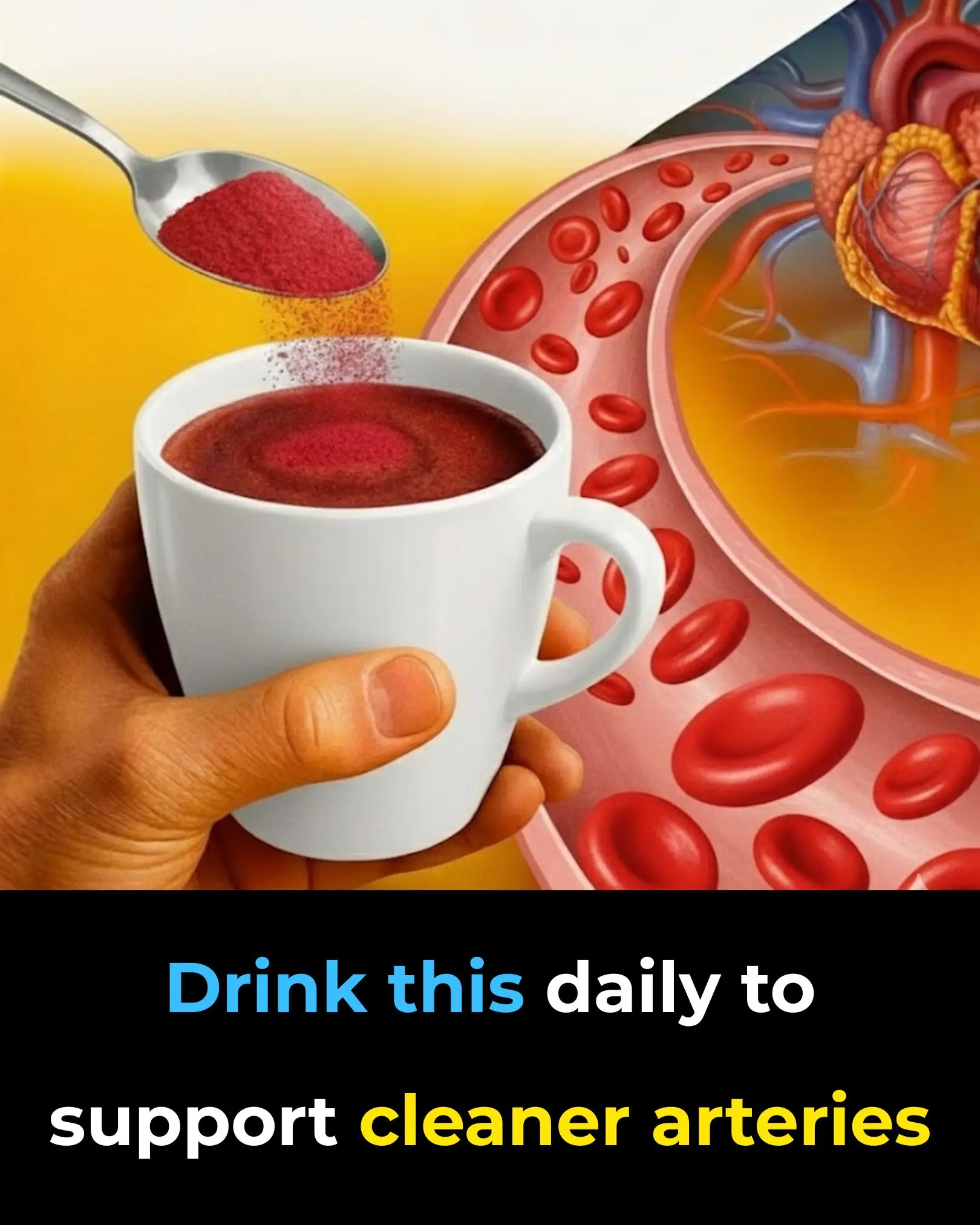
Drink this daily to support cleaner arteries

The Surprising Benefits of Foot Massages …More Than Just Relaxation
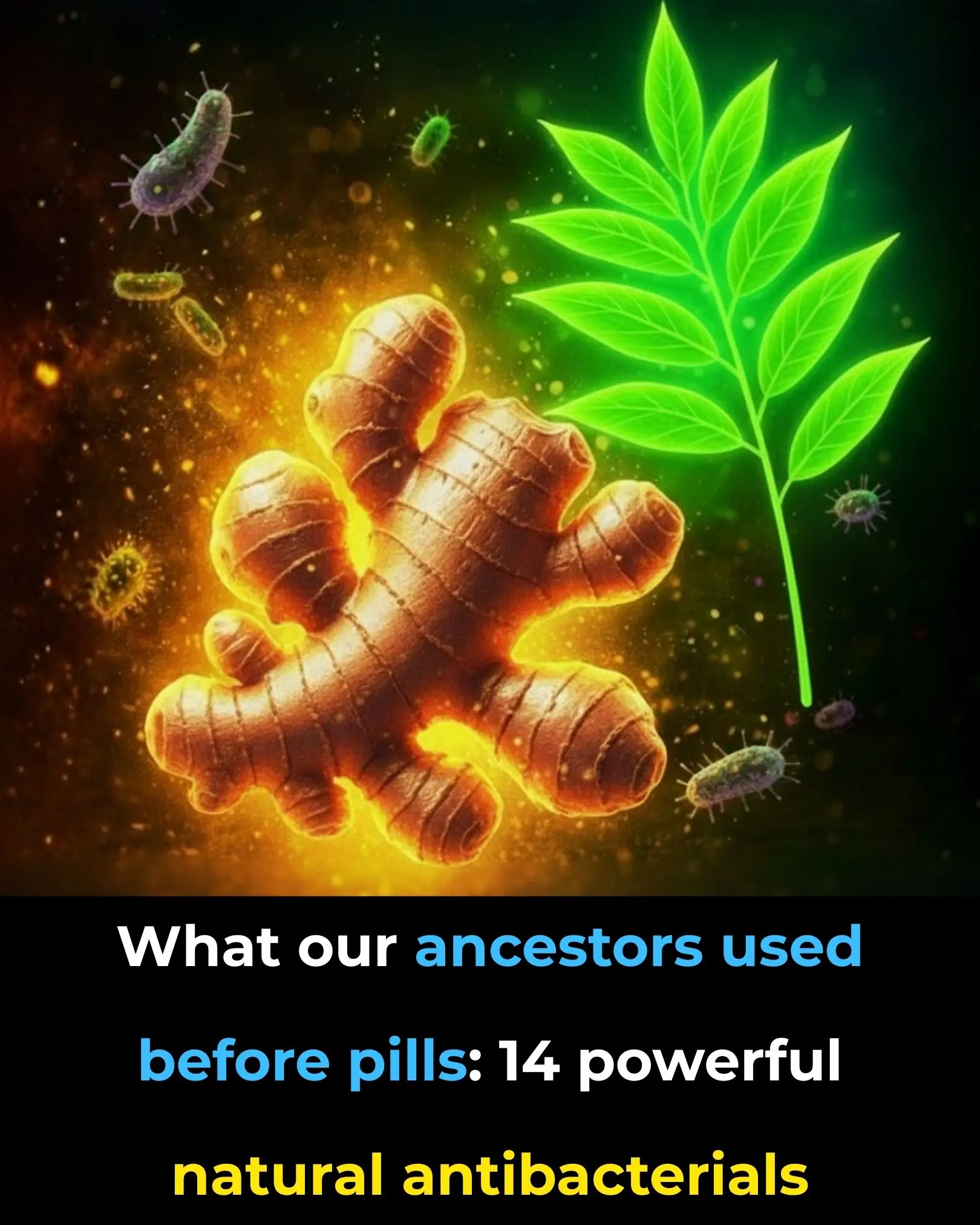
14 Best Natural Antibiotics Our Ancestors Used Instead of Pills
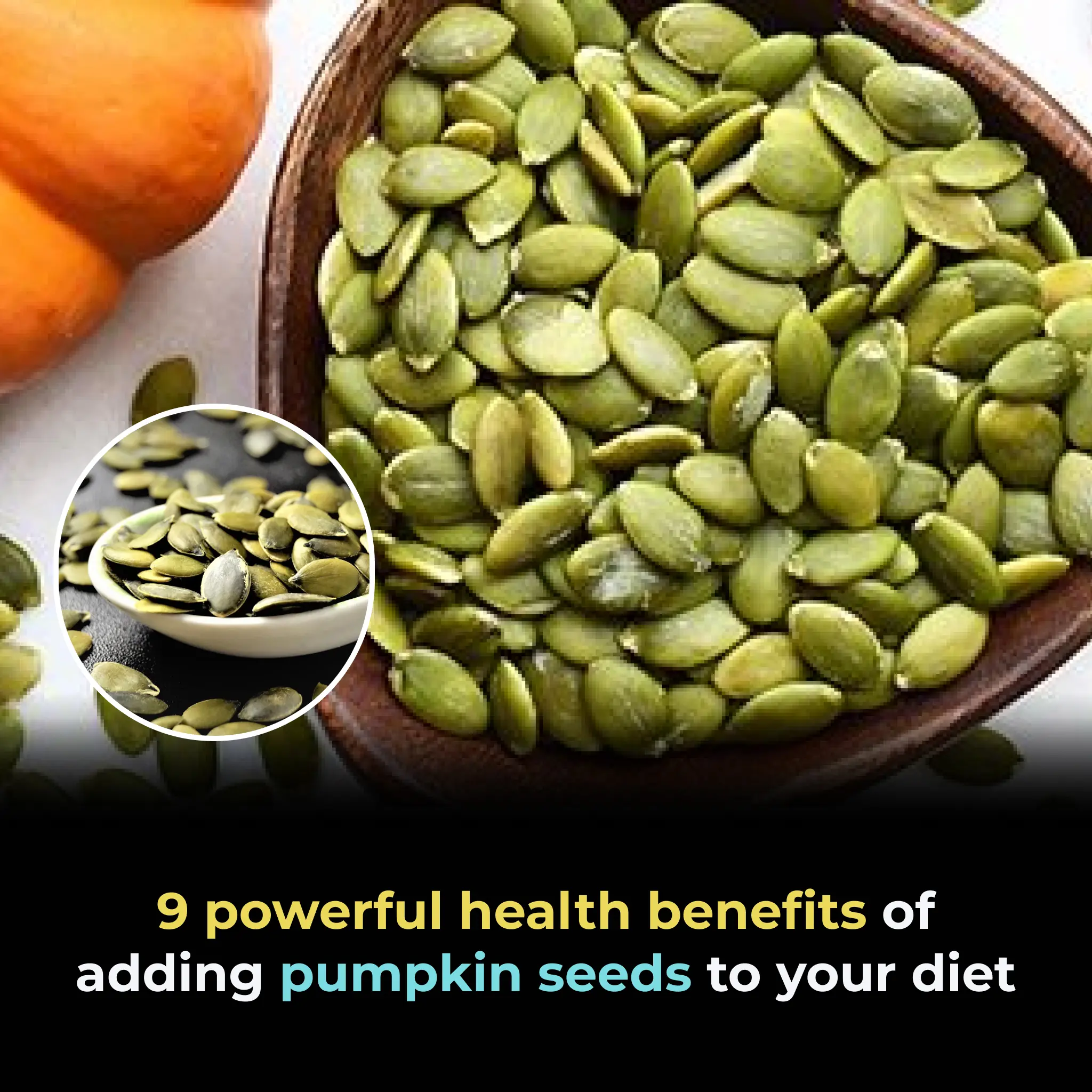
9 POWERFUL Health Benefits of Adding Pumpkin Seeds to Your Diet

Knowing These 12 Symptoms of a Stroke Can Save Your Life

6 fruits that help your body fight cancer cells naturally
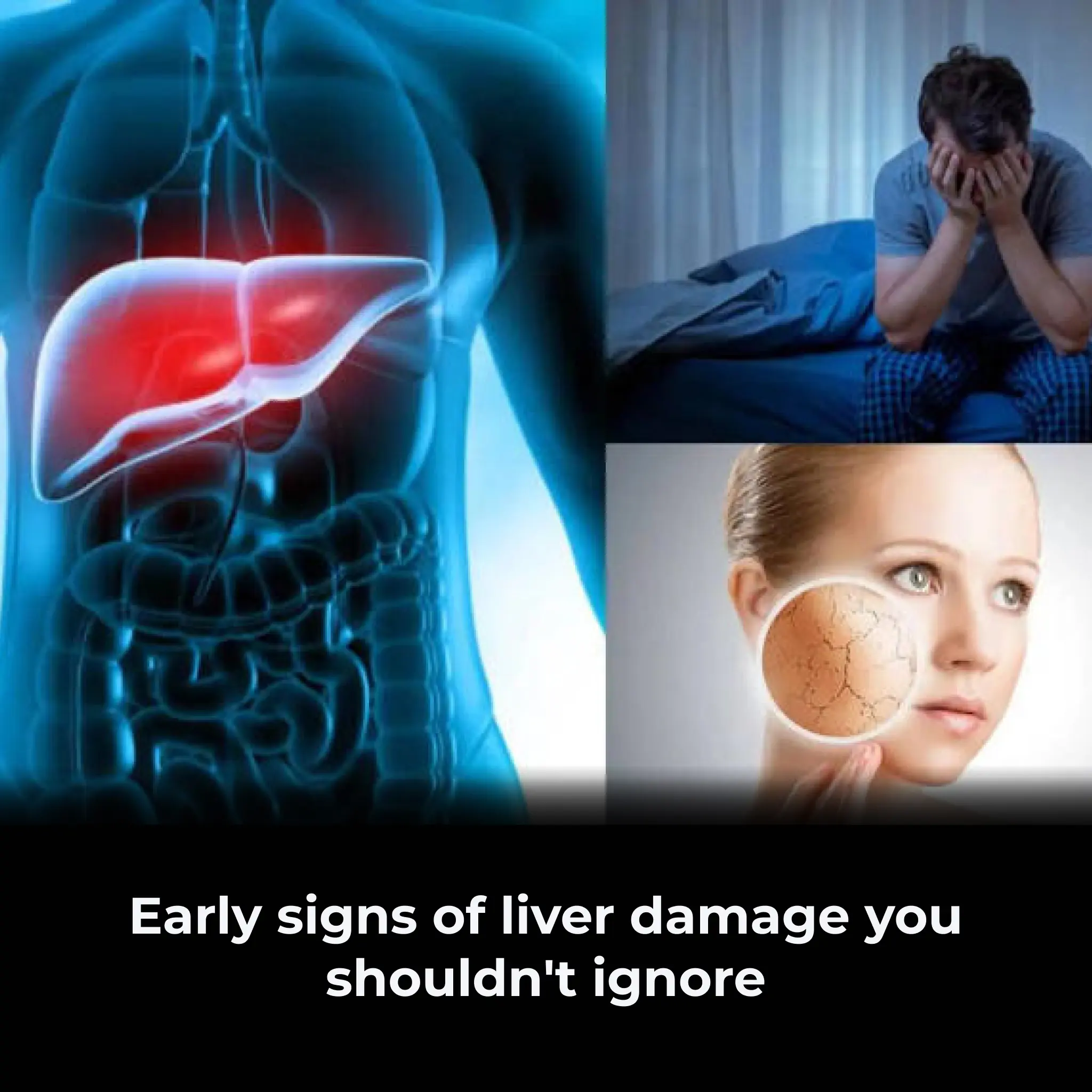
Early Signs of Liver Damage You Shouldn't Ignore

If Your Nails Show These 10 Signs, See a Doctor Immediately

The 5 warning signs you may be taking too much magnesium, according to doctors
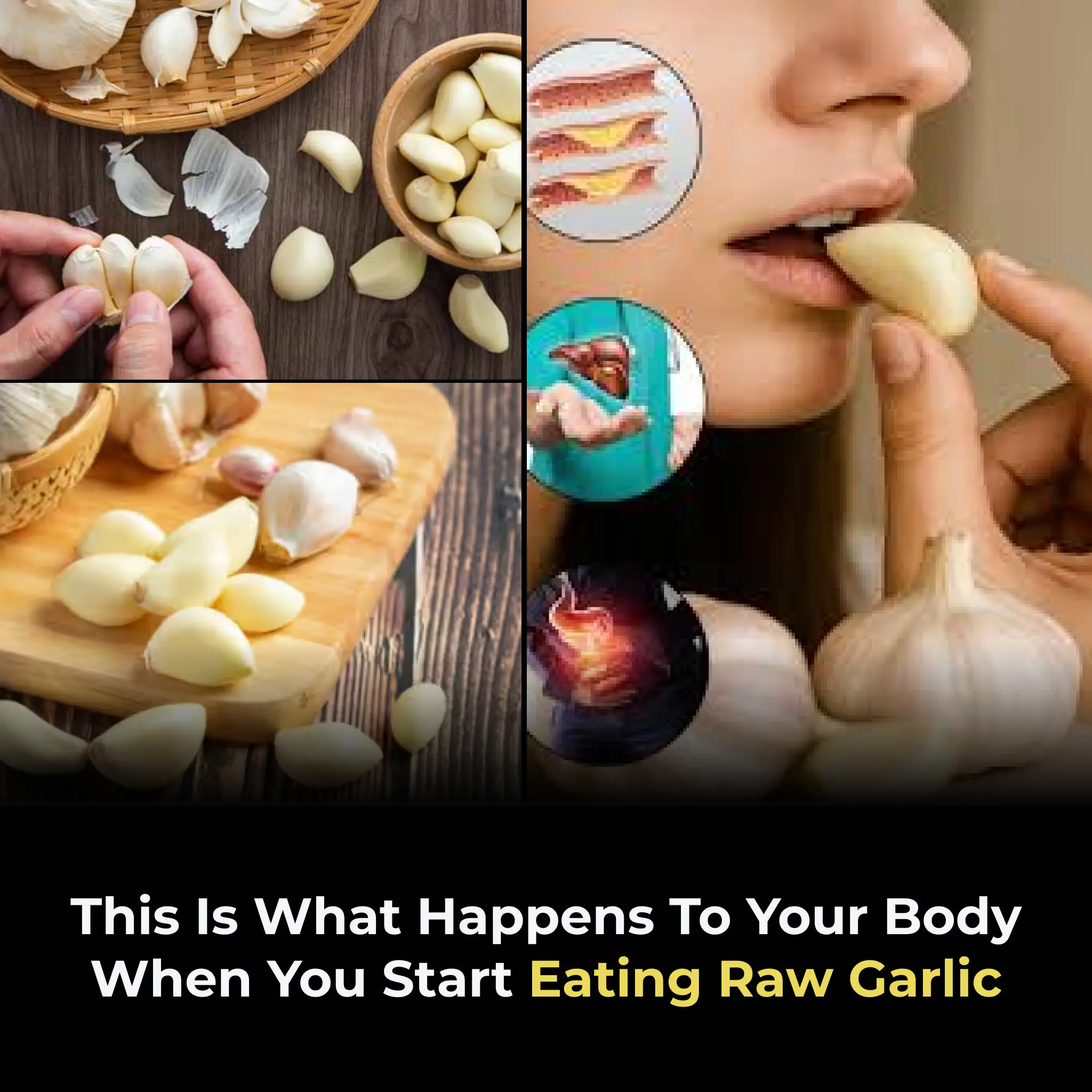
This Is What Happens to Your Body When You Start Eating Raw Garlic

4 Things Your Feet Could Be Telling You About Your Liver Health
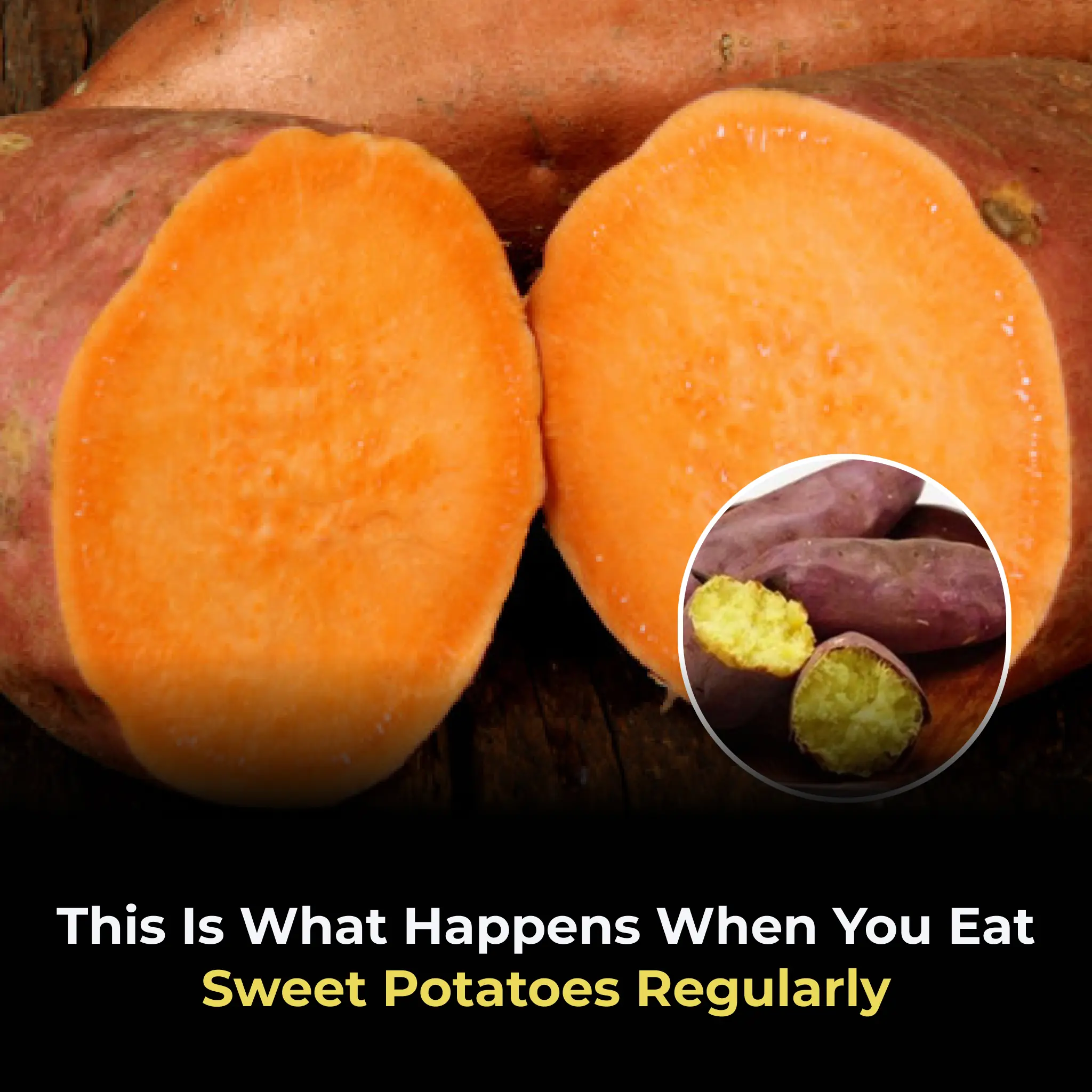
This Is What Happens When You Eat Sweet Potatoes Regularly
News Post

DIY Vaseline Cream: The 4-Ingredient Glow Hack That Makes Your Skin Baby-Soft Overnight
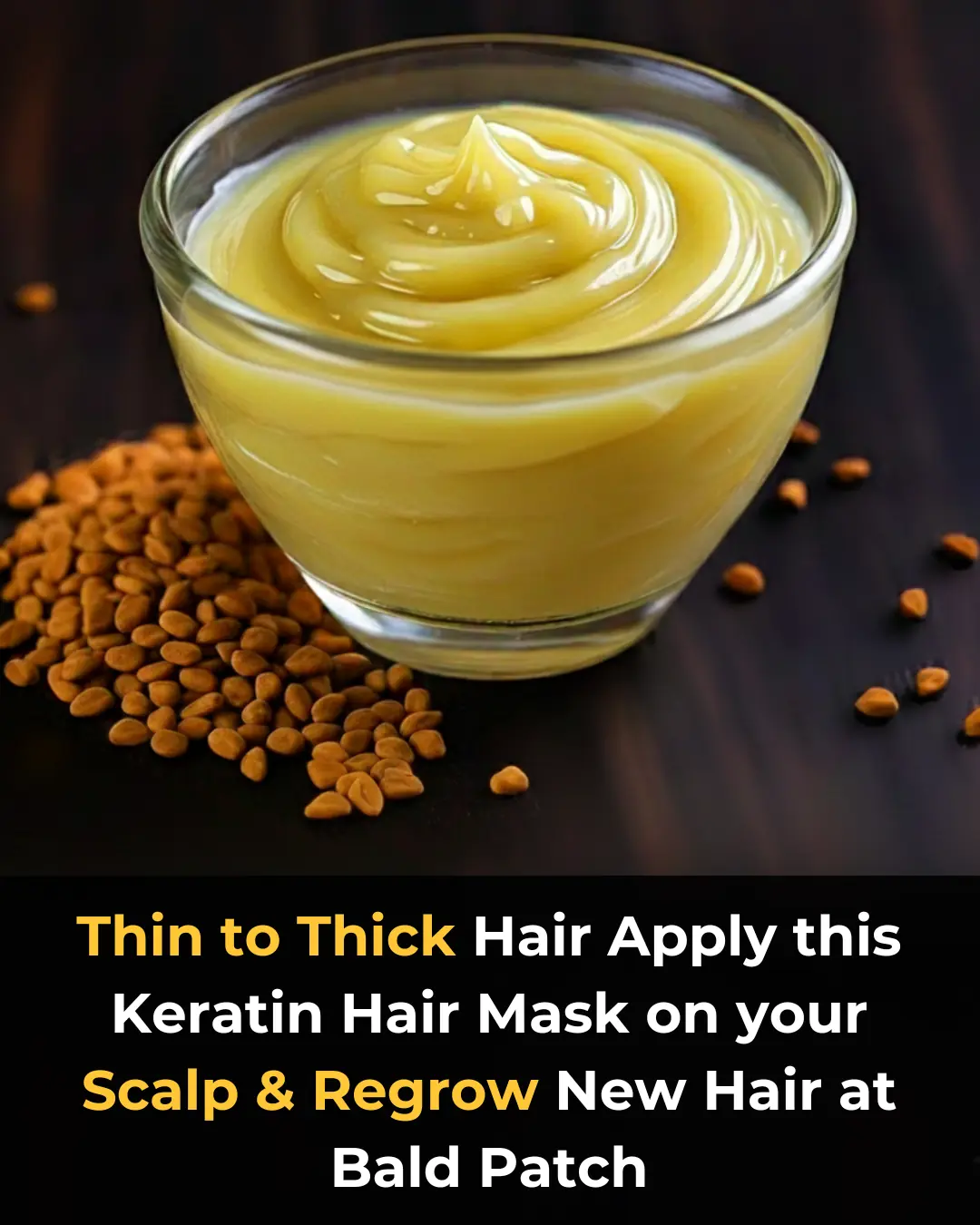
DIY Fenugreek Hair Masks for Hair Growth & Reducing Hair Fall

Will Americans Receive $2,000 Stimulus Checks? What You Need to Know

Revolutionary Miniature Implant Offers New Hope for Restoring Vision in Macular Degeneration Patients

A Simple Superfood That Enhances Your Baby's Brain Development During Pregnancy

Why Some Children Don’t Visit Their Parents Often

Don’t Drink Coconut Water Before You Know These 11 Secrets!

The #1 habit that’s destroying muscle in older adults—are you doing this?
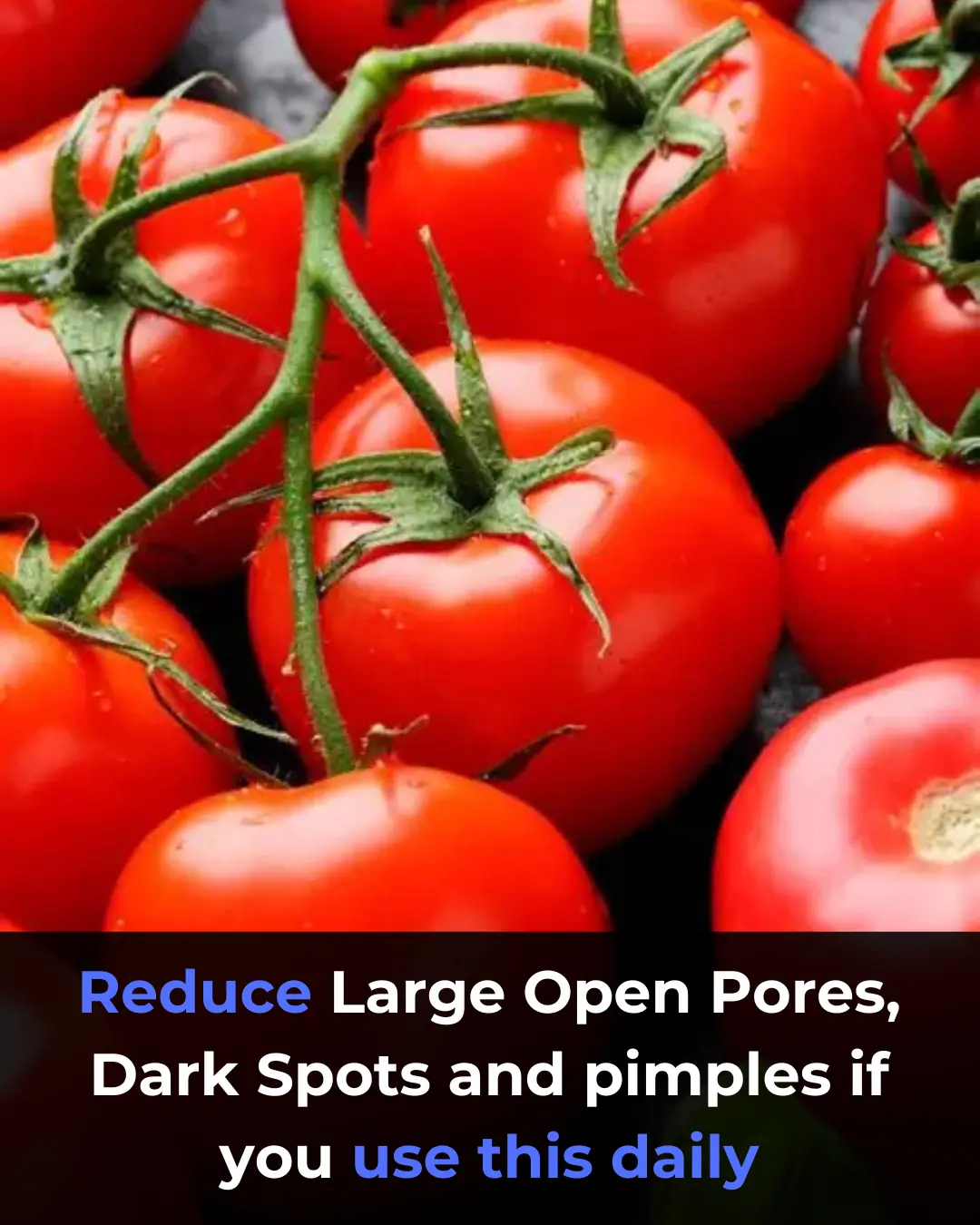
Tomato Benefits for Skin – How Tomato Slices Can Transform Your Skin Naturally

This Plant Is Tastier Than Meat! 8 Reasons to Keep It in Your Garden
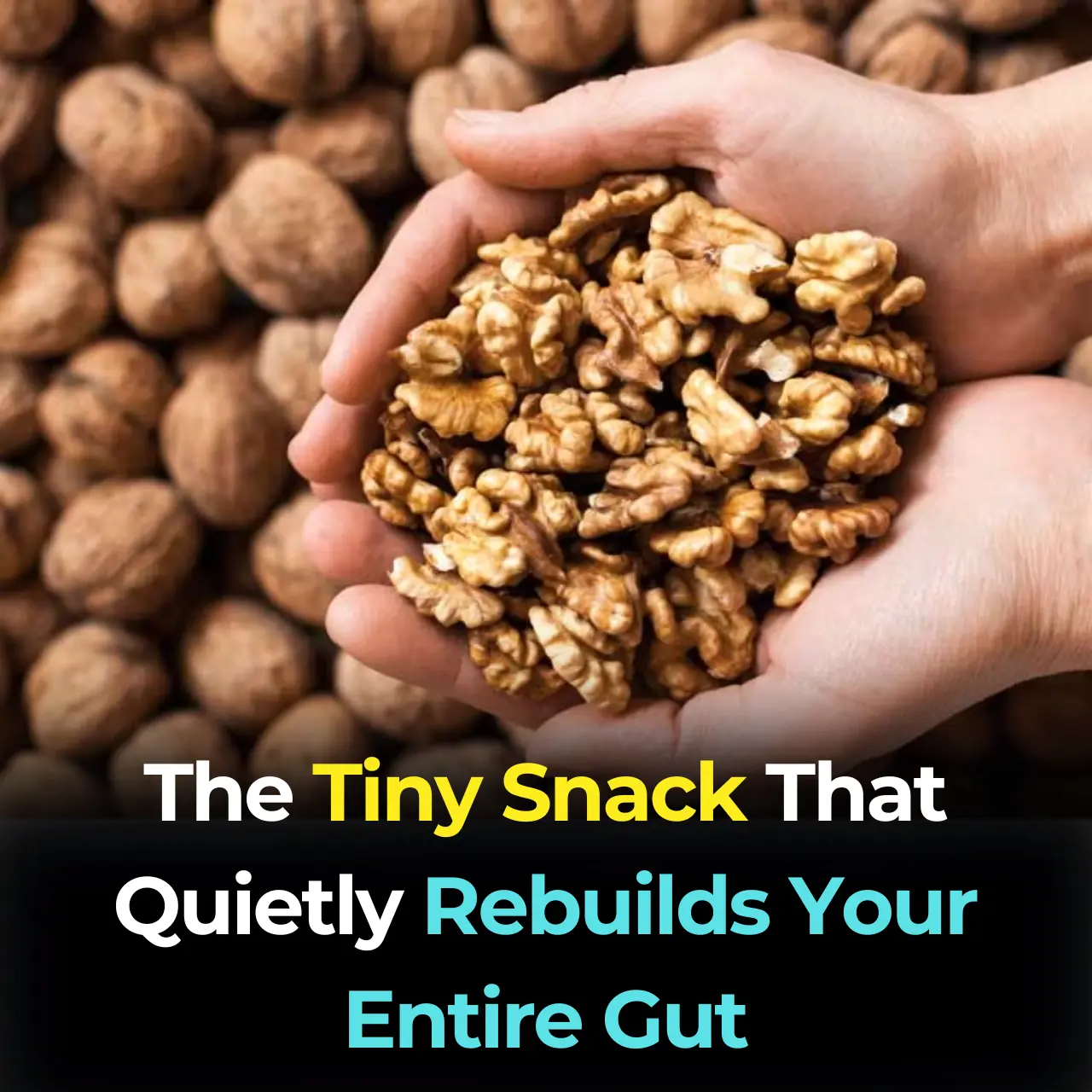
Walnuts Feed Your Microbiome: The Small Superfood That Transforms Your Gut and Your Mood

3 Steps Skin Care To Get Dewy Glass Skin

Why You Should Stop Using Petroleum Jelly On Your Skin (It’s a Byproduct of the Petroleum Manufacturing Process)

Air Conditioner Blowing Only Air but Not Cooling? Here’s How to Fix It Without Calling a Technician

14 Reasons to Drink Lemon Water First Thing in the Morning

Had no clue about this

Scientifically Proven Health Benefits of Cayenne Pepper

Why Does Your Refrigerator Frost Over and Does It Increase Electricity Consumption?
